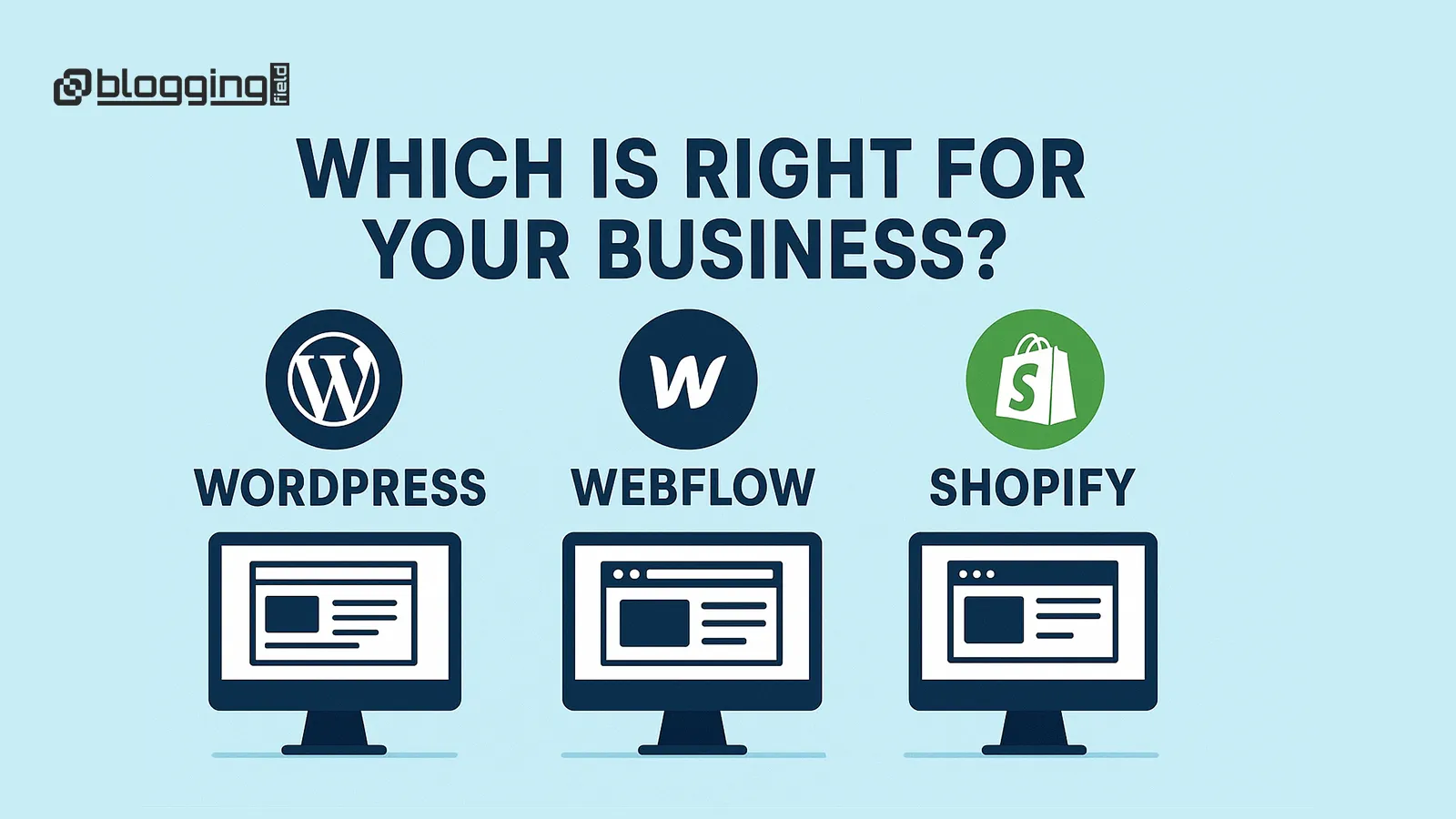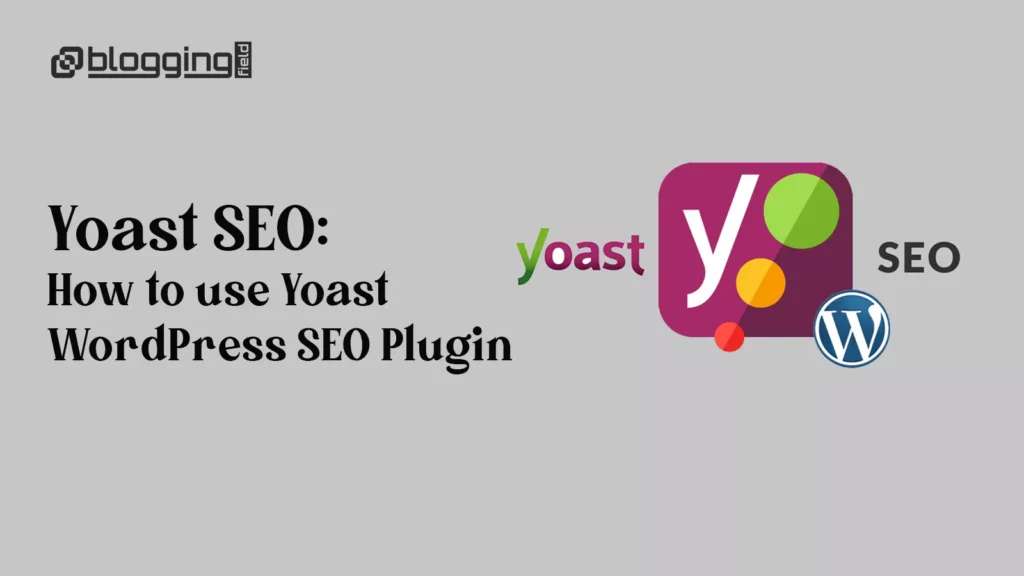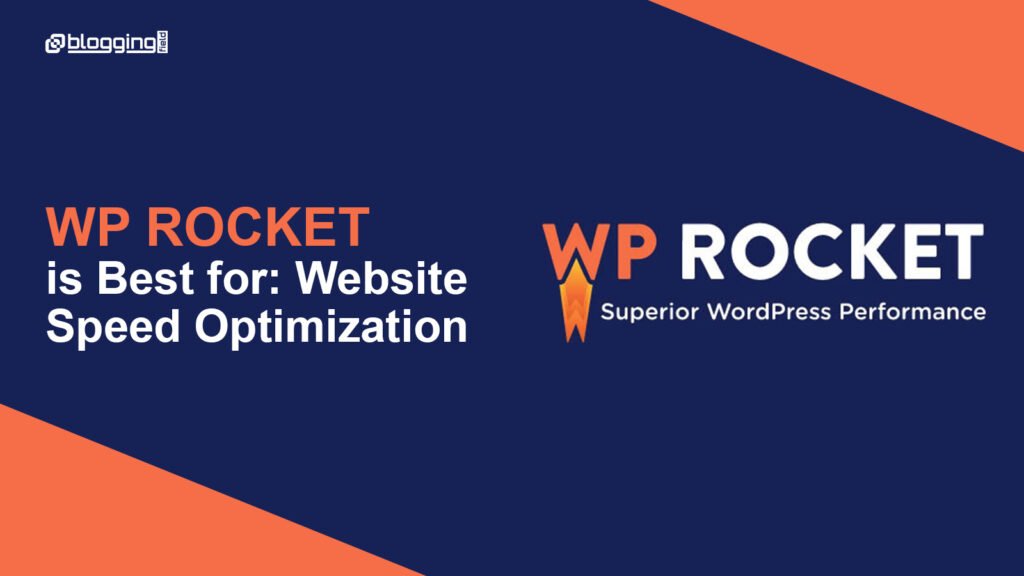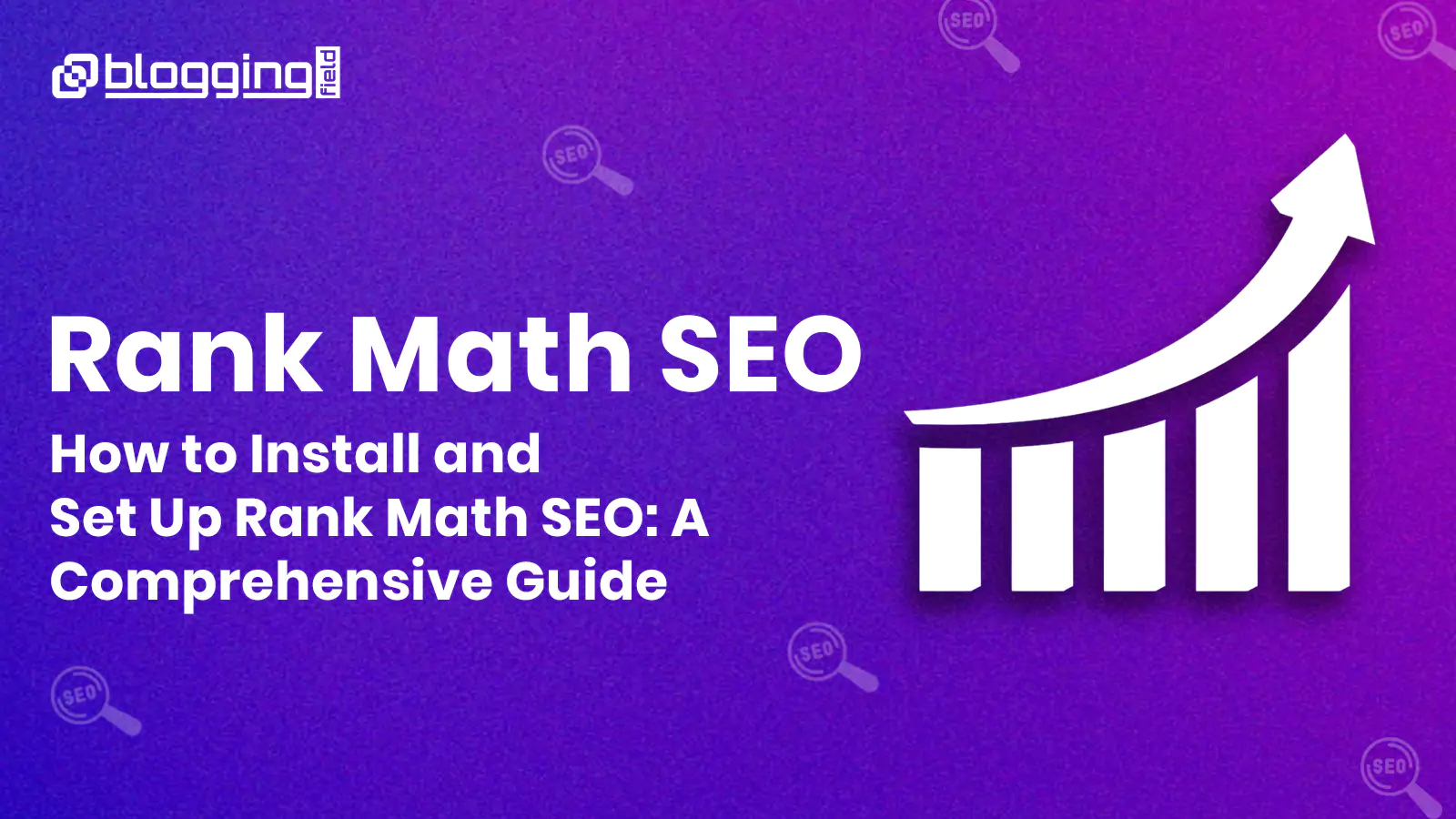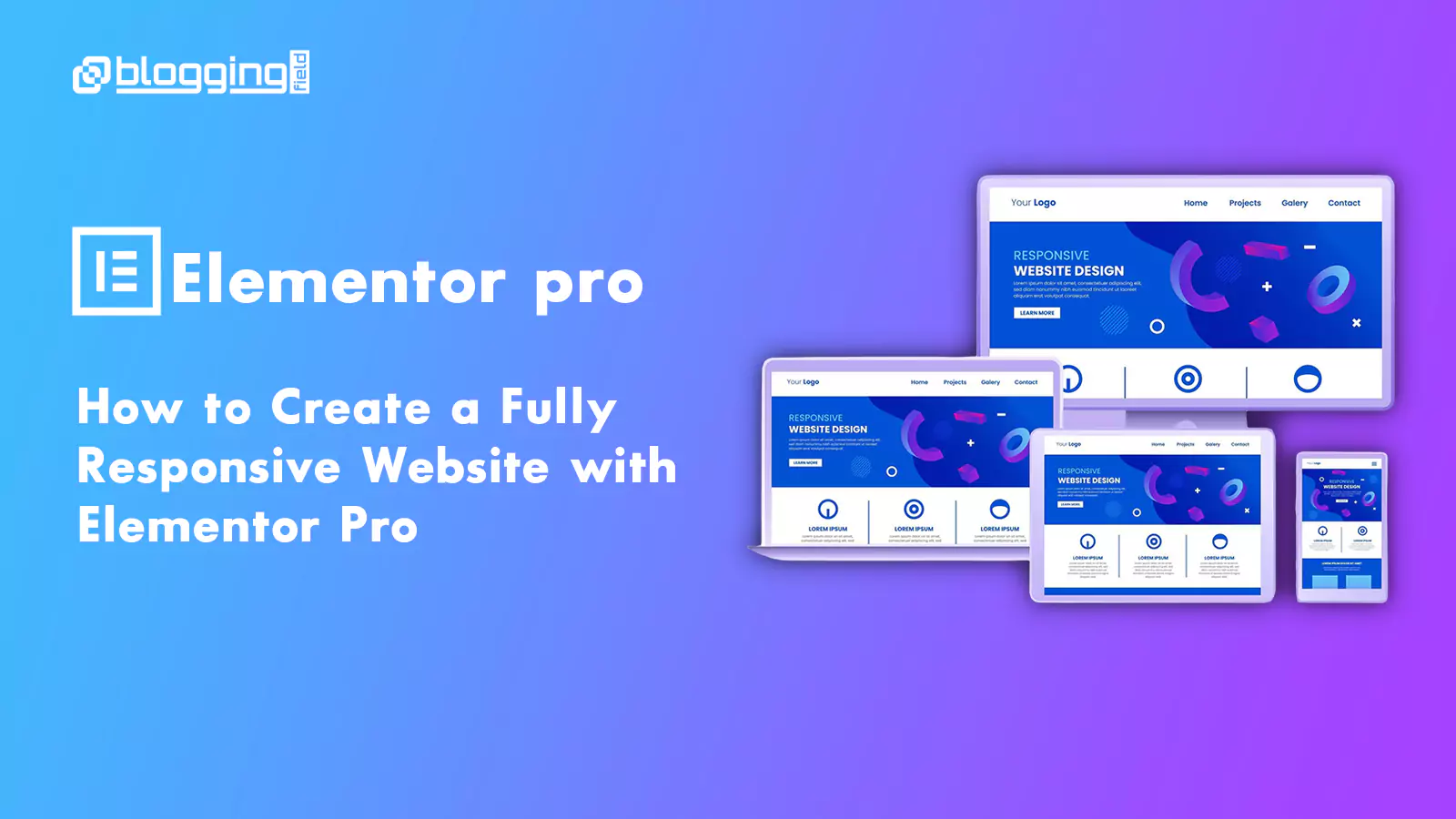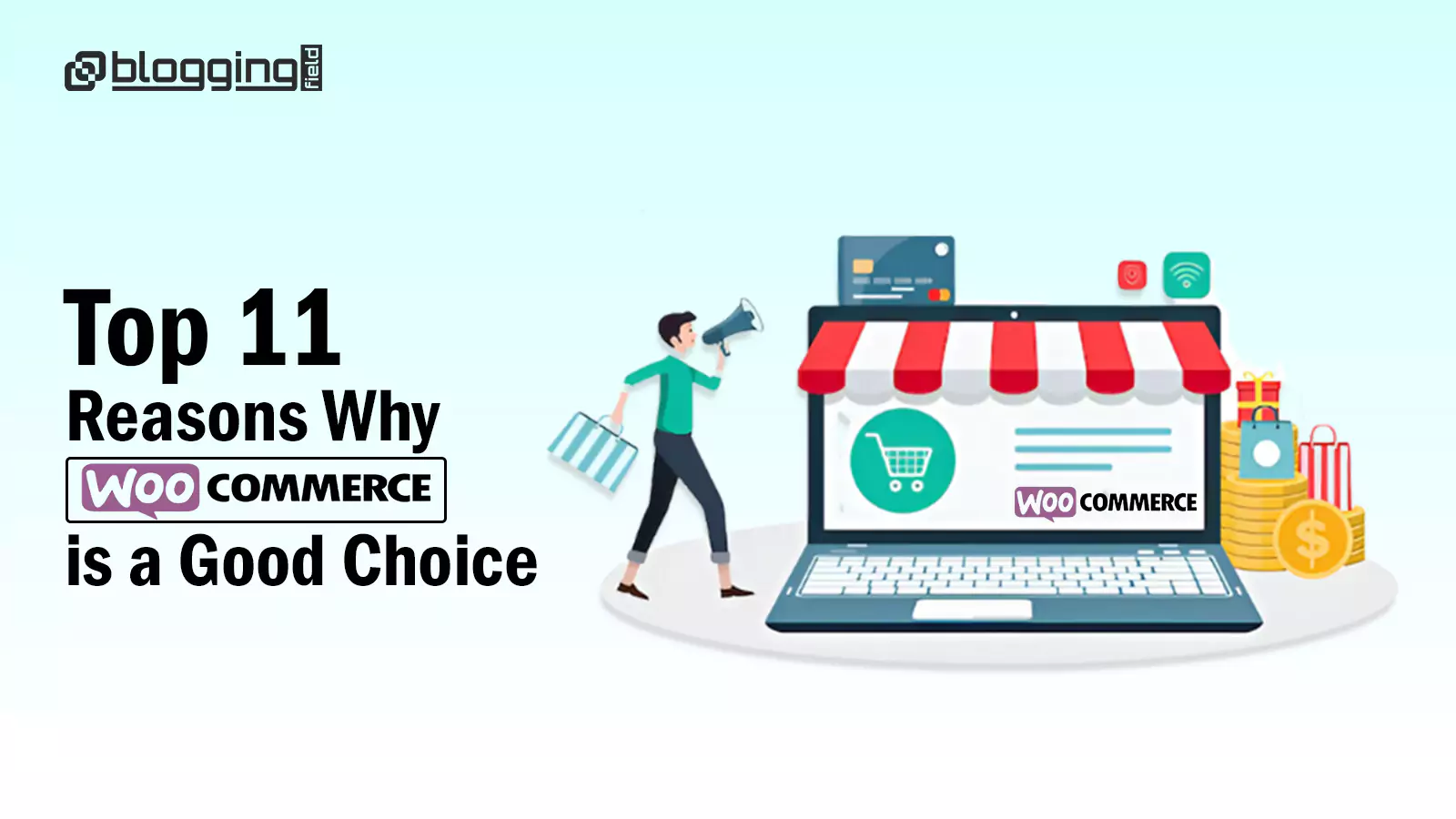Introduction
Choosing the right website platform is one of the most critical decisions for any business in 2025. With endless options available, WordPress, Webflow, and Shopify are the top three contenders businesses consider. Each platform offers unique strengths—WordPress for flexibility, Webflow for design freedom, and Shopify for seamless eCommerce.
In this blog, we’ll break down their features, pros, cons, pricing, SEO benefits, and scalability to help you make the right choice for your business.
WordPress: The King of Flexibility
Overview: WordPress powers over 40% of all websites worldwide, making it the most popular CMS. It is open-source and can be tailored to almost any business need.
Best For: Businesses that want scalability, flexibility, and complete control over their website.
| Pros | Cons |
|---|---|
| Thousands of plugins & themes for endless customization | Requires regular maintenance and updates |
| Strong SEO capabilities with plugins like Yoast SEO or Rank Math | Security vulnerabilities if not managed properly |
| Cost-effective hosting options | Steeper learning curve for beginners |
| Ideal for blogs, portfolios, corporate sites, and eCommerce (WooCommerce) | — |
Webflow: The Designer’s Dream
Overview: Webflow is known for its no-code visual editor that allows businesses to design professional websites without relying heavily on developers.
Best For: Creative agencies, startups, and entrepreneurs who want stunning design-focused websites without coding.
| Pros | Cons |
|---|---|
| Easy-to-use dashboard and quick store setup | Monthly costs can be high, especially with add-ons |
| Supports multi-channel selling (Facebook, Instagram, Amazon) | Less flexibility compared to WordPress and Webflow |
| Excellent payment gateway options | Limited customization outside Shopify’s ecosystem |
| Strong security and hosting included | — |
Shopify: The eCommerce Powerhouse
Overview: Shopify is the go-to platform for online stores. It provides everything needed to run an eCommerce business out of the box.
Best For: Businesses focused purely on eCommerce and looking for a reliable, hassle-free solution.
| Shopify | – Easy-to-use dashboard and store setup – Supports multi-channel selling (Facebook, Instagram, Amazon) – Excellent payment gateway options – Strong security and hosting included | – Monthly costs can be high, especially with add-ons – Less flexibility compared to WordPress and Webflow – Limited customization outside Shopify’s ecosystem |
Comparison Table: WordPress vs Webflow vs Shopify
| eature | WordPress | Webflow | Shopify |
|---|---|---|---|
| Ease of Use | Moderate | Moderate | Easy |
| Customization | Unlimited | High | Limited |
| Design Control | Medium | Very High | Medium |
| SEO Capabilities | Excellent | Excellent | Good |
| eCommerce | Via WooCommerce | Limited | Excellent |
| Cost | Low–Medium | Medium–High | Medium–High |
| Best For | Blogs, corporate, eCommerce | Creative businesses | eCommerce stores |
How to Choose the Right Platform?
Choose WordPress if you want flexibility, scalability, and control.
Choose Webflow if design and aesthetics are your top priority.
Choose Shopify if your primary goal is selling products online hassle-free.
Conclusion
the choice between WordPress, Webflow, and Shopify ultimately depends on your business goals and priorities. If you are looking for flexibility, scalability, and complete control, WordPress is the most powerful option. If your focus is on design and visual creativity, Webflow provides unmatched customization and a modern no-code experience. On the other hand, if your primary goal is to run an eCommerce store with ease and reliability, Shopify is the best platform. Each of these platforms comes with its own strengths and limitations, so the best approach is to evaluate your budget, technical skills, and long-term business needs before making the final decision.
Frequently Asked Questions (FAQs)
Which platform is best for SEO—WordPress, Webflow, or Shopify?
WordPress and Webflow lead in SEO capabilities, thanks to their advanced customization options. Shopify is good for SEO but more limited.
Is Shopify better than WordPress for eCommerce?
Yes, Shopify is designed specifically for eCommerce, making it easier for online store management. WordPress with WooCommerce is powerful but requires more setup.
Can I migrate from one platform to another later?
Yes, but migration can be complex and may require expert help, especially between Webflow and Shopify.

